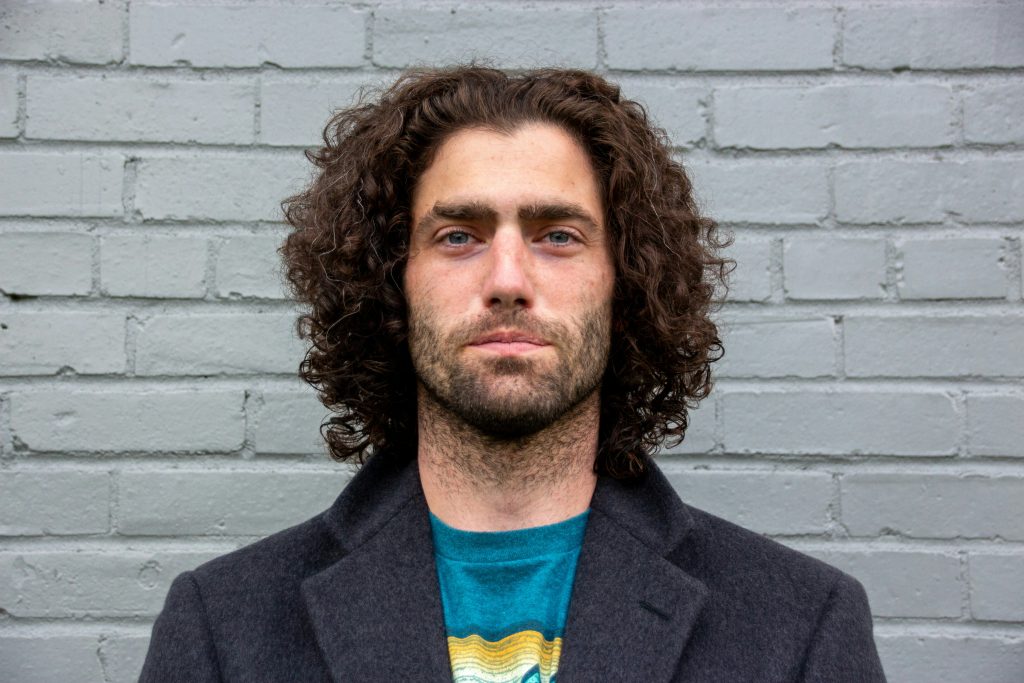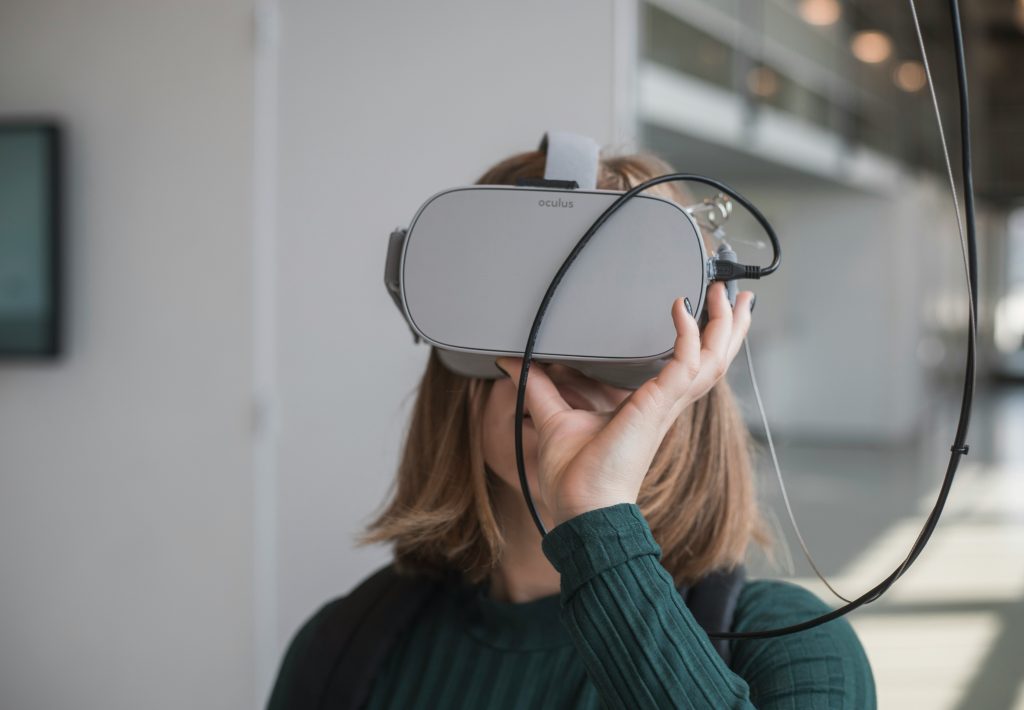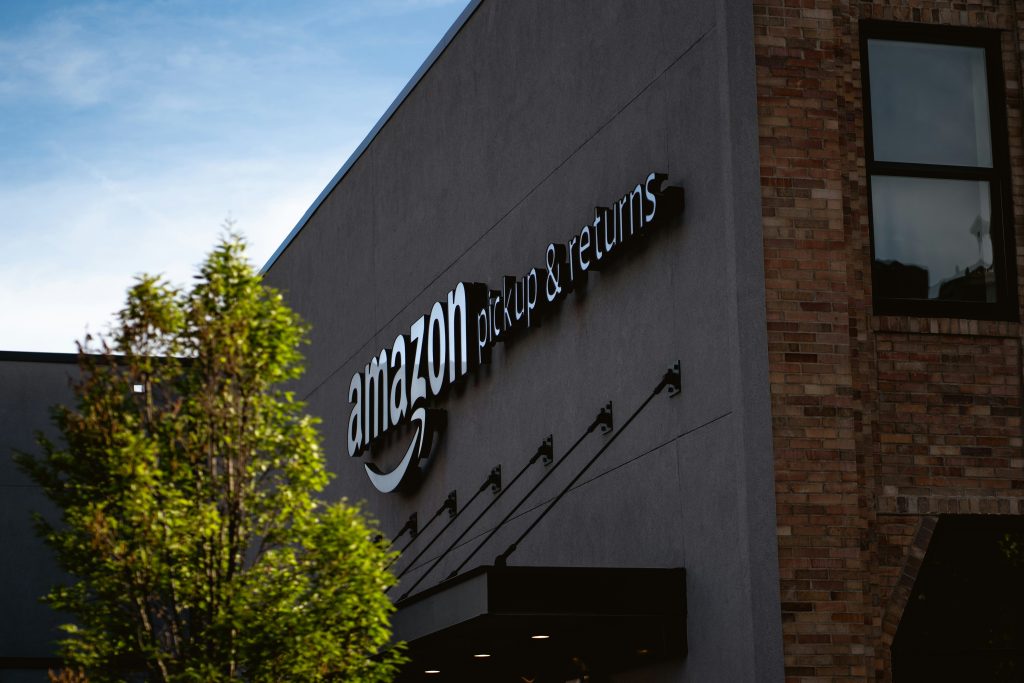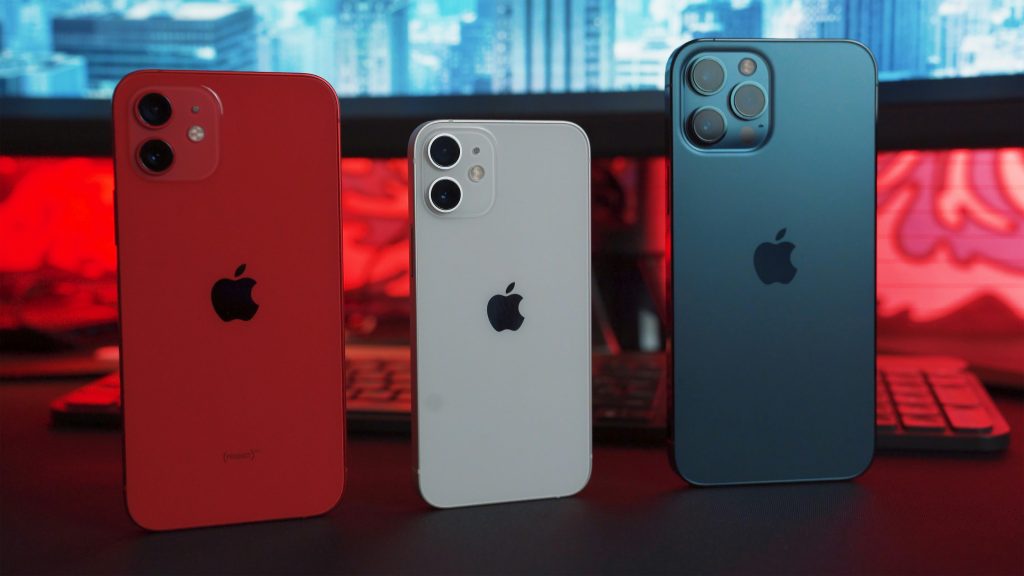Musk’s Acquisition Bid: A Power Move or a Mission to Save AI?
On February 10, 2025, a consortium led by Elon Musk made an unsolicited $97.4 billion offer to acquire OpenAI’s nonprofit governance entity. This was Musk’s latest attempt to reshape OpenAI’s trajectory, as he has been openly critical of how the organisation has evolved.
His primary concerns include:
- OpenAI’s shift from nonprofit to for-profit: Musk argues that OpenAI’s partnership with Microsoft and its increasing commercialization go against its founding principles.
- AI safety and ethical concerns: He believes OpenAI is moving too fast in AI development without proper safeguards, potentially leading to unchecked risks.
- A lack of transparency: Musk has criticized OpenAI for limiting public access to research and keeping its most advanced AI models proprietary.
Musk’s proposal aimed to restore OpenAI to its original vision, ensuring that artificial intelligence remains open-source and primarily focused on benefiting society rather than corporate shareholders.
However, OpenAI’s board unanimously rejected the offer, stating that the organisation is not for sale and reaffirming its commitment to independent AI research.






